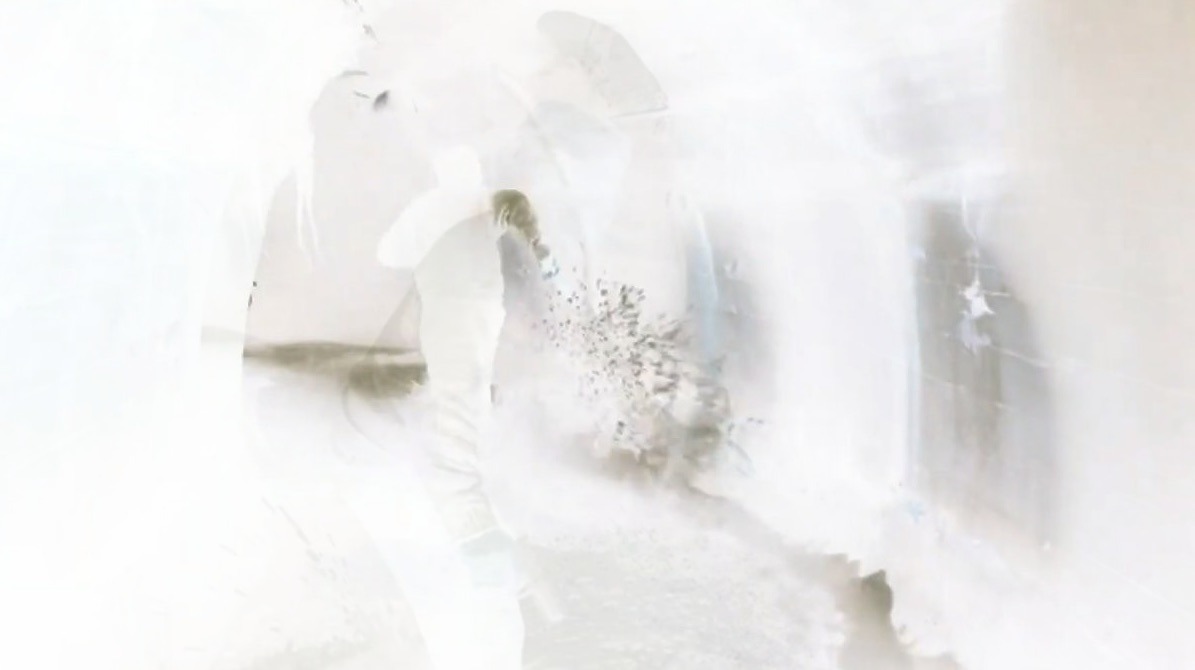
'Like the cult television series that inspired it, the film has a Kafkaesque view of the world. But it is larger and more encompassing than the series: Davis paints with bold visual strokes so that the movie rises above its action-film origins and becomes operatic'; Kafkaesque (2013), GCGCA(i)
Kafkaesque
The Ephemeral, The Fugitive, The Contingent
The Franz Kafka Museum, Prague
23 Sep - 21 Dec 2013
‘Surrealism’s historical importance is to have contributed to the expansion of the idea of political experience.’
- Walter Benjamin
This quotation greets you above the darkened entrance to Kafkaesque. Walter Benjamin argued although ‘an ecstatic component lives in every revolutionary act’, this was not enough for the Surrealists. They seek out the ecstatic in the everyday, the mysterious in the mundane, by virtue of ‘a dialectical optic that perceives the everyday as impenetrable, the impenetrable as everyday’. This constitutes the secularization of ecstasy, and its politicization - the perception of the ‘revolutionary energies that appear in the ‘outmoded’'.
Surrealism explodes the bounds of the ‘poetic’ in its generalization of poetic experience to the objects of everyday life. It secularizes the ecstatic and conceives of reality as a dreamwork. It valorizes the image over the metaphor. It opposes ‘political’ to ‘historical’ views of the past. Surrealism celebrates and promotes the dual destruction of tradition in art (‘aestheticism’; art for art’s sake) and religiosity, replacing them with Surrealist experience: ‘profane illumination’.
In sealing off the artwork from practical concerns, aestheticism made a religion out of art. It thereby provided the model of a secular religion that inspired that would shatter the institutional and conventional bounds of art, generalizing the aesthete’s absolutization of the experience of the artwork into a secular aesthetic religion of everyday life that would break ‘a praxis that presents the public with the literary precipitate of a certain form of existence while withholding that existence itself’.
Surrealism liberated the pent-up energy trapped in the autonomous work of art, setting free the consciousness of the ‘aesthetic’ as a domain for the experience of truth, free to roam over the entire world of culture experience. ‘The absurd is presented as though it were self-evident, in order to disempower what is self-evident.’; the self-evident becomes absurd.
Softly lit by artificial candlelight, a series of photo-based works surround a central installation by Sarah Sze commissioned by the Franz Kafka Museum; a miniature constellation formed around a bright star which illuminates text onto the surrounding walls - sentences from Walter Benjamin’s well-known essay 'Surrealism: the Last Snapshot of the European Intelligentsia' (1929), which argued that it is the project of Surrealism ‘to win the energies of intoxication for the revolution’.
Also included is a free essay arguing for the continued political relevance of Surrealism today.

Kafkaesque: The Ephemeral, The Fugitive, The Contingent (2013), GCGCA(i)
